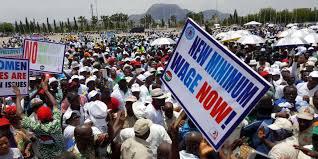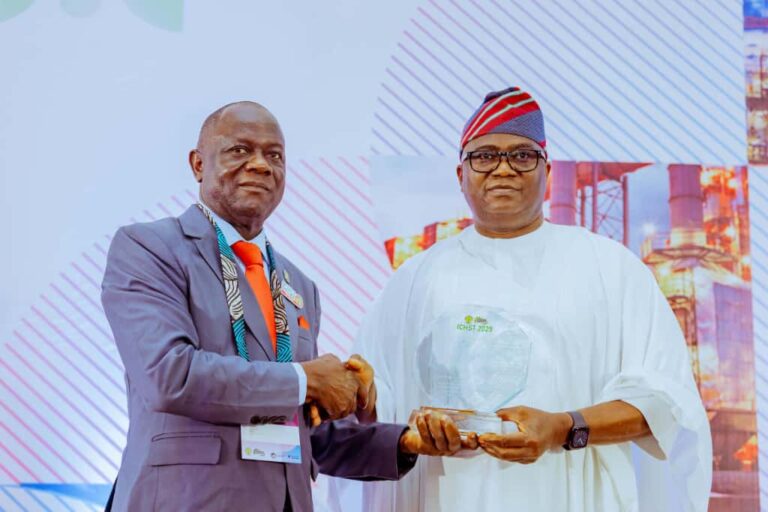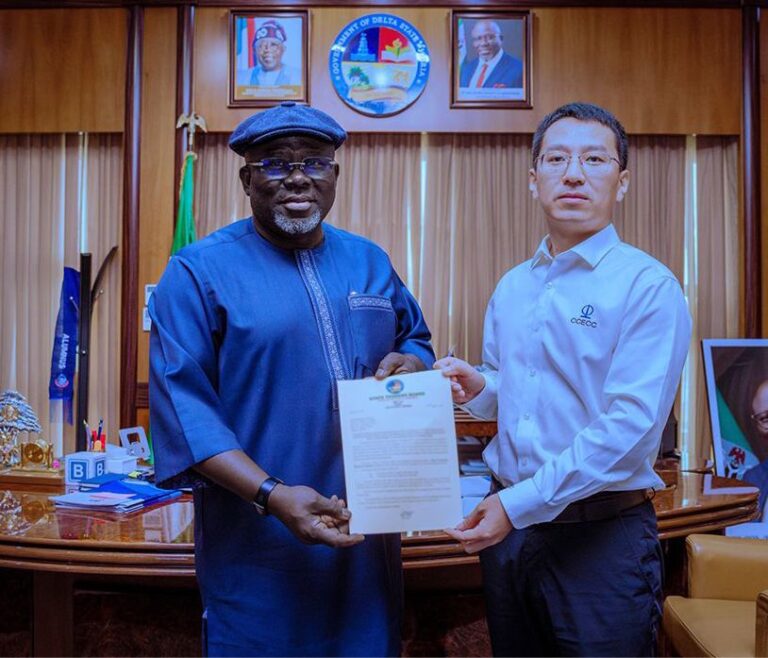
A significant number of state governments in Nigeria, approximately 20 in total, are facing mounting criticism for their apparent sluggishness in implementing the newly established national minimum wage of N70,000 for local government employees and primary school teachers

This delay has ignited concerns among labor unions and the affected workers, raising questions about the commitment of these states to the welfare of their workforce, particularly those at the grassroots level who often form the bedrock of essential public services.
The National President of the Nigeria Union of Local Government Employees (NULGE), Alhaji Haruna Kankara, brought this issue to the forefront on Sunday, revealing that a considerable portion of states are yet to adhere to the new wage structure. Among the states identified as lagging in this crucial implementation are Yobe, Gombe, Zamfara, Kaduna, Imo, Ebonyi, Cross River, and the Federal Capital Territory (Abuja), alongside eleven other unnamed states. This widespread non-compliance underscores a potential disparity in governance priorities and financial management across the nation.
regarding the progress of the new minimum wage implementation, specifically concerning local government workers and primary school teachers nationwide. His statement paints a picture of a significant challenge in ensuring that the benefits of the Minimum Wage Act, 2024, reach all levels of public service employees, particularly those whose contributions are vital to the functioning of local communities and the foundational education of the nation’s children.
It is noteworthy that following the enactment of the Minimum Wage Act, 2024, a contrasting scenario unfolded in about 20 other states, which promptly initiated the implementation of the new wage law.
READ:https://naijanewswatch.com/lagos-calabar-coastal-highway/
These states, including Lagos, Rivers, Delta,Bayelsa, Niger, Enugu, Akwa Ibom, Abia, Adamawa, Anambra, Jigawa, Gombe, Ogun, Kebbi, Ondo, and Kogi, demonstrated a quicker response to the legislative change, suggesting varying degrees of preparedness and commitment to the enhanced remuneration for their workers.
The Minimum Wage Act, 2024, signed into law by President Bola Tinubu on July 29, 2024, marked a substantial 133 percent increase in the national monthly minimum wage, elevating it from N30,000 to N70,000.
This significant upward adjustment was intended to alleviate the economic hardships faced by Nigerian workers amidst prevailing economic challenges, aiming to provide a more sustainable living wage.
Providing an update on the implementation’s progress, Alhaji Kankara expressed the union’s deep concern over the considerable number of states that have yet to commence the new minimum wage payments. He specifically reiterated the names of states such as Sokoto, Yobe, Gombe, Zamfara, Kaduna, Imo, Ebonyi, Borno, Cross River, and the FCT Abuja, among others, as being in this category. Kankara further noted a concerning trend where some states have begun paying the new wage to state-level workers while neglecting their counterparts in local government and primary education sectors, highlighting a potential internal disparity within state payroll systems.
Despite these challenges, the NULGE leadership has maintained an ongoing dialogue with the affected state governments, persistently appealing to them to prioritize the welfare of these often-overlooked workers. While some states have offered assurances of compliance, they have yet to fully honor their commitments, leaving the union hopeful that a resolution and the overdue implementation will materialize in the near future, bringing much-needed financial relief to these dedicated public servants.
Beyond the immediate issue of minimum wage implementation, Alhaji Kankara also shed light on the lingering matter of local government autonomy, specifically regarding the opening of bank accounts by these councils.
He explained that the Central Bank of Nigeria has yet to issue the necessary circular that would enable local governments to establish direct banking relationships, a crucial step towards greater financial autonomy and potentially smoother management of their resources, including the payment of salaries.
The Kwara State chapter of NULGE, through its President, Seun Oyinlade, offered a mixed perspective, acknowledging that the state government commenced the payment of the N70,000 minimum wage to state workers in October 2024.
However, Oyinlade lamented the significant erosion of workers’ take-home pay due to the imposition of heavy taxation by the state government, underscoring that the intended benefits of the wage increase are being partially negated by increased deductions. While a temporary tax relief was granted, it has since expired, leading to renewed financial strain on the workers.



